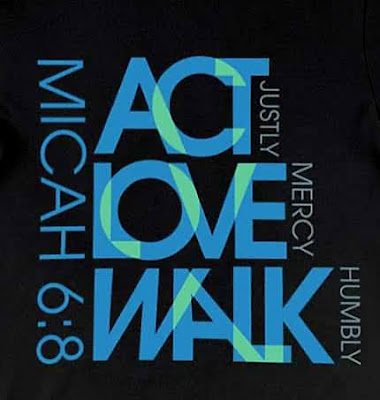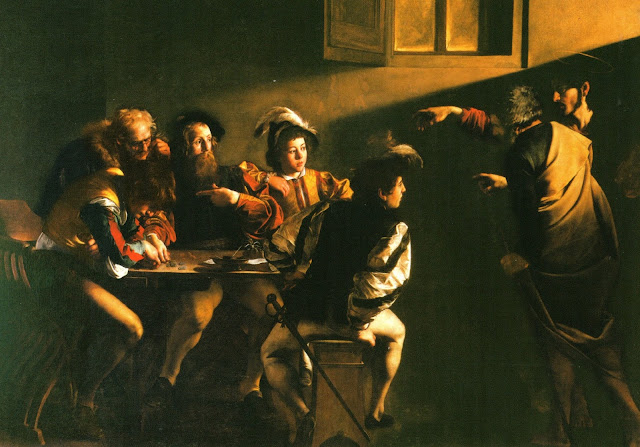I HEAR VOICES, I SEE FACES
I no longer hear accents. Only voices. I do not see
colour. Only faces. The latter happened to me in Tanzania where I was initially
very conscious of my own whiteness. There were so few of us in a black country.
Tiny toddlers ran screaming at the sight of me, a little older they sought to
insult me by calling out “Mzungu” and when they got used to me, they would take
hold of my arm, rubbing it to see if the colour came off. Then when I eased
down into the pool of our common life and blended, we were simply people making
good with what life presented to us.
One of my favourite singers of the early 1970’s was
Madeleine Bell of ‘Blue Mink’ who had a hit called “Melting Pot”, a possibly naïve
thought and hope but one that resonated with fifteen-year-old me and still
sings itself in me from time to time. What we need is a great big melting pot,
big enough to take the world and all it’s got! The blending of every colour.
Not hearing accents has happened here in England. So
much does God love me that He put me in a place that would make me fall in love
with England. In the beginning I was naturally very aware of the English accent
in the way that one is aware of the sound of seagulls. But then, as in
Tanzania, I have eased down into the pool of our common life so that I only
hear voices now and not accents. Most of the time anyway. Of course, I hear and
see who people are but accent and colour are not what occupy my ears and eyes.
The following comment by Emma Dabiri’s that was on the
BBC website this morning stopped me in my tracks and caused me to reflect a bit
more on my experiences. “Don’t say you can’t see race because if that is the
case you cannot see, and have certainly not acknowledged, the fact that whether
you were born black or white in the UK will have a significant impact on both
your life experiences and opportunities.” And I accept that she knows what
she is talking about.
Until recently I had presumed that what she is saying
applies to the poor, regardless of colour or race. But I’ve heard from a cousin
who knows that “professional” and well to do black people are racially abused
and presumed to be guilty of something. It used to be like that for the Irish.
But my own experience is with the homeless. The line
from the Second Book of Kings at Mass today resonated with me. “The poorest people in the country were left behind” it says (2
Kings 24:14) and that is a fact. I see
it here in Hastings as I’ve seen it elsewhere. The poor of every race and
colour are always left behind.
Pope Francis
points out that the poor have become part of the landscape to the extent that
we no longer see them and says that “we can't settle for a welfare policy such as we have for
rescued animals. which is how the poor are often treated.” And that I have seen too that rescue animals often fare
better than the poor of our streets. Seeing is an important first step. See
race, see poverty, see the dignity of the human person and move from seeing to
active conversion.
My friend who
used to live in a tent, now lives in a flat. And I’m pleased, even though he
could have done with it in the winter. But it’s more expensive to live in a
flat – electricity, gas and other costs. So, he needs financial help more often
and I get fed up with it and I was in a bad mood when he came on Sunday. We
went for a walk. I vented my frustration. Felt he was taking advantage of me.
He told me that I am his father, that he loves me and that I have to help him!
He needs clothes.
And then I
come upon something in the Bible that supports what he is saying and I read
what the Pope is saying and all of it tells me to get over myself and do the
right thing. The reminder comes back of something a Saint said, something I
read last November, “the money in your bank account and the clothes in your
wardrobe belong to the poor.” I know that. Then he turns up during the week as happy
as could be with two gifts for me – an enormous mug and a water bottle. I’m
touched and very pleased. As St. Francis says, “it is in giving that we
receive!” Amen!
Another friend died yesterday, Martin a member of this
parish community who used to sit at the back seat of the church on a Saturday
evening and, before I could reach the door after Mass, he would be across the
street in all weathers waiting for a taxi. He appeared frail. One evening I
decided to cross the road to meet him. It mattered that I did. We formed a connection
and when he was in hospital and in various care homes, I went to see him.
A significant moment came when he was in hospital in
Bexhill last year. He wanted to tell me about his life and to unburden himself
of stuff that had accumulated inside, as stuff tends to accumulate in all of
us. As I approached
his bed, he stretched out his hand towards me, taking hold of mine and quietly
stroking the back of my hand with his thumb. After a while of quiet he said,
“we’ll let your hands do the talking!” Then he cried over his life as words
would not express what was in him and I blessed him with my hands, spoke to him
with my hands. Absolution, anointing, Holy Communion. He was satisfied,
relieved, pleased.
As our hands
were held in that firm grip, I felt there was in it a powerful connection with
each other and with God as if our hands became the intersection of the height
and depth of a mystical experience. And our eyes too. He had magnificent eyes
and when speaking became totally impossible we held hands and looked at each
other. Thankfully, a couple of weeks ago I was allowed into St. Dominic’s (masked, gloved, aproned, sanitized) to
share with him the last sacraments. A privilege to have helped him prepare
spiritually for his transition into eternal life. His sufferings in this life
were absolutely awful and they are ended now, thank God. Rest in peace dear
Martin.





.jpg)


.jpg)



Such lovely thoughts and words from you Eamon, you paint a picture of your ministry and care for your flock.May the Lord protect you at this time of danger when holding hands could cost you your life.
ReplyDelete